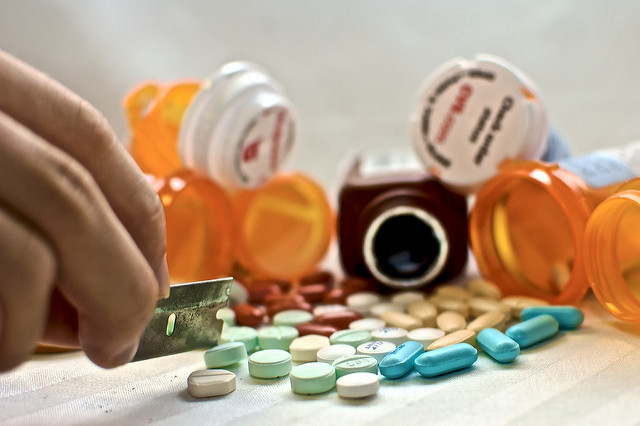What Parents Need To Know About Prescription Drug Abuse
|
Reading time: 3 minutes
|

Of the numerous threats to teenagers, abuse of prescription drugs tops the list of parental concern. Teenagers often lack the knowledge of the danger behind their actions when taking a concoction of drugs that may result in adverse effects, which is why education at home is the vital first step in preventing unfortunate cases of teenager drug abuse. At times, teens are aware of the dangers of drugs they are ingesting, but many times, they are uneducated about the risks they are taking. Parents are the increasingly important factor in preventing teenager drug abuse.
Gone are the days where putting a lock on a medicine cabinet and using proper disposal methods could stem the flow of prescription drugs into teenagers’ hands. An increasing popularity in the legitimate use of online pharmacies to fill prescriptions have led to an abuse of this system. While there are online pharmacies that perform their due diligence in ensuring the safety of their products and customers, there have been cases of online pharmacies that provide drugs with hazardous substances and inaccurate does to people with no prescription, enabling the potential for teenage drug abuse. This is the reason why a direct conversation with your child is extremely important, as it is much harder to recognize that drugs are being ordered online.
Prescription drug abuse using painkillers causes the largest percentage of deaths from drug overdosing in teenagers. What are some ways to prepare and navigate these issues?
Learning the Dangers
Before talking to your child, ensure that you know all the risks and dangers associated with prescription drugs and drug abuse. Prescription medication are very potent and can interact with other medication or conditions. The effects can result in harm or even death if taken improperly, which is why it is essential for any pharmacy, online or local, to know your medical history.
Clear Communication
Establishing a clear form of communicating with your child and demonstrating a genuine interest in their life is the best way to pass knowledge about drug abuse. Conversations about the danger and proper usage of prescription drugs will be easier with a clear way to communicate to your child. Not all teenagers who abuse prescription drugs use it to get a psychoactive state, or to get high. It is becoming increasingly common to see drug abuse in cases where teenagers seek to get better grades or increase energy levels. Being in tune with your child’s life is key to noticing behavioral changes that may indicate drug abuse.
Setting limits
The ability to deal with defiant or disrespectful behavior is key to managing any problems that can be associated with drug abuse. Setting clear, enforceable consequences to all behaviors that can endanger your child is essential for learning. Make sure to monitor that the limits are not being exceeded. In the case of prescription drugs, limits need to be strictly enforced.
Talk to a professional
Get your physician or an addiction professional if you think your child is abusing prescription drugs. Some warning signs to look out for are changes in appetite or sleep patterns, impaired coordination or injuries that they don’t realize they have, dropping attendance in school/work/hobbies, and sudden changes in hobbies/friends.
Information provided on this website is for general purposes only. It is not intended to take the place of advice from your practitioner







